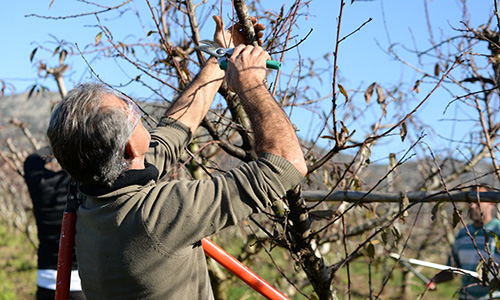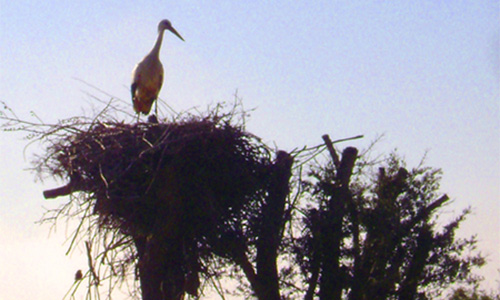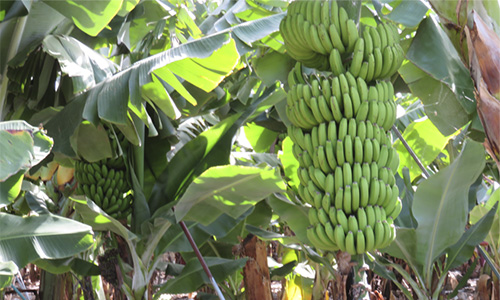
Iberian peninsula
Portugal, Extremadura, Murcia and Lérida.
read more
Portugal, Extremadura, Murcia and Lérida.
read more
there is a significant opportunity to bring the organic tropical, safe, responsible
read moreWithin the Iberian Peninsula, the regions of Extremadura, Murcia and Lerida are characterised by their hot dry summers with many hours of sunlight each day. This results in our best ally for the development of a production of stone and seed fruit of the highest quality. This, together with its environmental richness, makes these regions the perfect place for the development of our ecological production of the most suitable varieties, at the best quality.

The region of Extremadura, situated in the south west of the Iberian Peninsula, is a historically excellent land for the cultivation of stone fruit, being situated in one of the principle regions of Europe for this cultivation. The fruit is characterised by its high quality and its exceptional organoleptic qualities, due to the hours of sunlight that this area benefits from, creating produce that has a high level of sugar and colour. Stone fruit is typical in areas of low altitude, from sea level up to heights of 600 metres. They don’t require a long winter, preferring climates that have short winters that are relatively warm, fulfilling the "chill hours”, and long summers in a dry atmosphere, because they are very sensitive to humidity which can bring on the growth of disease. The trees require deep soil which is well drained and light, with a natural acidity, as they can suffer from an excess of alkalinity. All of which are the specific characteristics of the soil in Extremadura.

The Iberian Peninsula, from an ecological point of view, is a privileged area.
Its geographical location, its natural spaces, its mountainous relief and the economic under development have meant that, within the European Union, it is the place which has the most birds of prey, mammals and reptiles and the third most fish and amphibians.
In the exact case of Extremadura we can find natural paradises barely changed by man, where many endangered species of plants and animals can take refuge, or as in the case of the pastures in Extremadura, we can find an example of compatibility between their use and of respecting the environment.
Canary Islands offer an unique clime opportunity in the world thanks to the microclimates from continental to tropical. Depending on the region, it is a conducive place for all kind of growing, from apple to bananas, papaya, mango, pommegrates and citric. The mineral and volcanic soil and the trade wings create an extraordinary flavor for the production of fruits and vegetables

Tropical fruit growing started with the discovery of America due to the surprising approval response among the locals, who quickly included tropical fruits to their diets, setting it aside from the rest of Spain.
Bananas, papaya, avocado, mango and other tropical fruits have gained recognition through time, setting them aside due to their intense flavor.

In the Canary Islands, one can find a different endemic species for every 2 square kilometer. In total, more than 17,000 between land and water species, which places Canary Islands among the 15 richest bioclimatic regions in the world. For this reason, It is internationally recognized as one of the top places for biodiversity in the world, according to the "Fundacion Canaria para la Reforestacion (Foresta).
In addition to that, 3.600 of those species are endemism’s, making Canary Island owns more than half of the vegetable endemism’s of the country. During the last decade, in the islands there has been a specie or a sub-specie discovery every 6 days.